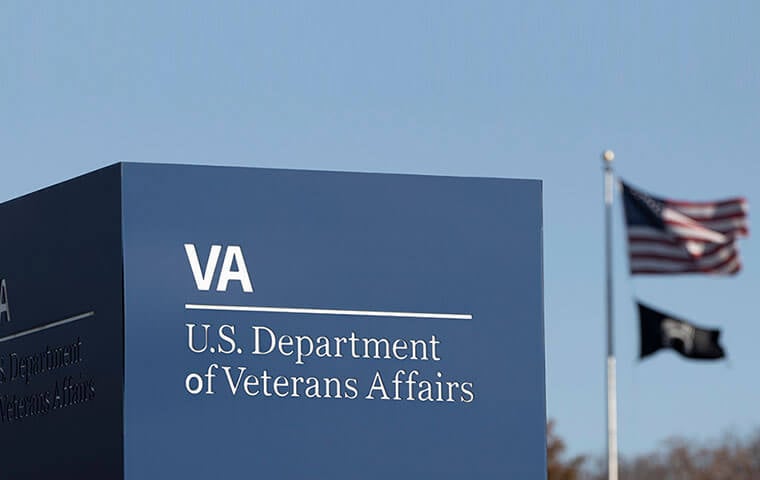 The results mirror those of the annual government-wide Federal Employee Viewpoint Survey, which consistently shows that views of leadership are among the most negative responses, with the dissatisfaction increasing regarding each higher level of leadership. Image: Jonathan Weiss/Shutterstock.com
By: FEDweek Staff
The results mirror those of the annual government-wide Federal Employee Viewpoint Survey, which consistently shows that views of leadership are among the most negative responses, with the dissatisfaction increasing regarding each higher level of leadership. Image: Jonathan Weiss/Shutterstock.com
By: FEDweek StaffLack of trust and confidence in senior leaders was commonly cited by departing VA employees in voluntary exit survey, according to summary by the department of trends in its workforce.
That was the most commonly cited reason by psychologists leaving the department—who also cited the related issue of “policy or technology barriers to getting the job done”—and the second most-commonly cited reason among IT specialists. The top reason among contracting officers was “unethical behavior on the part of leadership or the organization” while “poor relationship with supervisors or co-workers” was the third most common among medical and dental personnel.
Across all occupations, the senior leadership factor followed persona/family matters, geographic relocation and a change in careers.
The results mirror those of the annual government-wide Federal Employee Viewpoint Survey, which consistently shows that views of leadership are among the most negative responses, with the dissatisfaction increasing regarding each higher level of leadership.
The VA exit survey figures also show that overall, 75 percent of departing employees would work for the department again, although that ranges from 59 percent of psychologists to 79 percent for medical/dental and claims processing.
Shutdown Meter Ticking Up a Bit
Judge Backs Suit against Firings of Probationers, but Won’t Order Reinstatements
Focus Turns to Senate on Effort to Block Trump Order against Unions
TSP Adds Detail to Upcoming Roth Conversion Feature
White House to Issue Rules on RIF, Disciplinary Policy Changes
Hill Dems Question OPM on PSHB Program After IG Slams Readiness
See also,
How Do Age and Years of Service Impact My Federal Retirement
The Best Ages for Federal Employees to Retire
FERS Retirement Guide 2025 – Your Roadmap to Maximizing Federal Retirement Benefits

